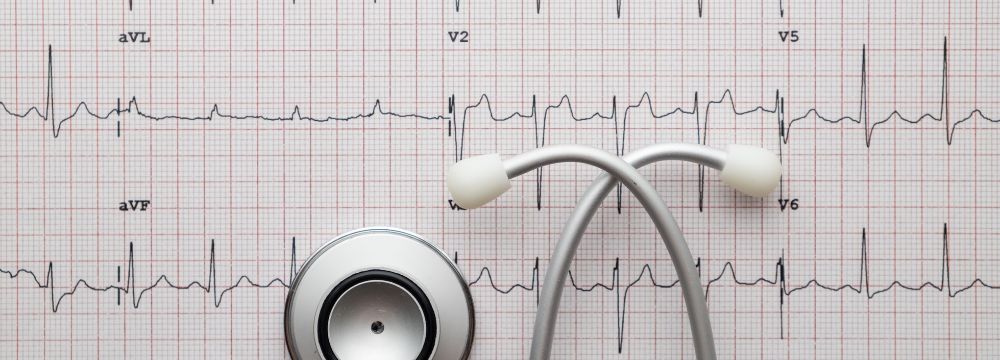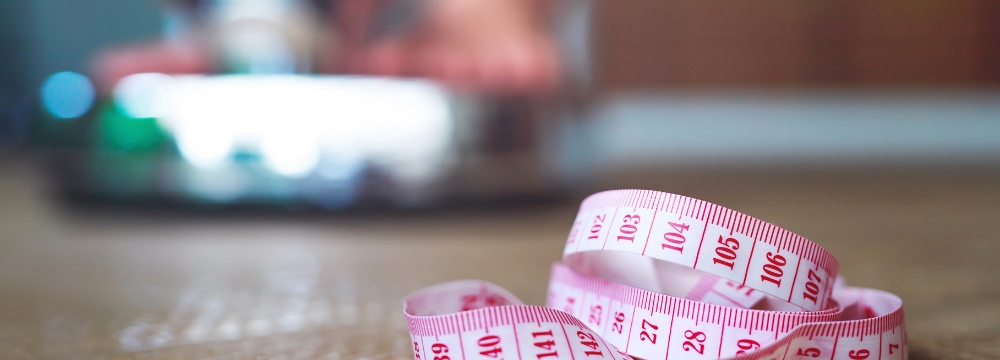Health
10 Tips to Avoid Stress-Eating
During the day our bodies go through all kinds of stress, and sometimes seeks comfort in eating, which can easily lead to poor nutrition and consuming too many calories. Here are some tips to avoid stress eating:
- Pause when the urge to eat hits. Analyze your motivation. Are you actually hungry? Has it been a reasonable amount of time since your last meal? Self-assessing stress, procrastination, boredom, and other emotions against your actual need for food is important.
- Recognize your body may just want to be hydrated. During stressful times we may be using a lot of resources that we’re not paying close attention to. Hydration often gets away from us and our bodies know that many foods can be hydrating so it turns on the hunger hormones in order to get the hydration it wants. Set a “sip” reminder on your phone to help you quench your thirst.
- Take vitamins. Much like hydration, your body’s vitamins and minerals may not be at optimum levels during times of stress and it can turn to food to replenish. Soothing your body’s desire for vitamins and minerals with a daily vitamin can quench that demand before it begins.
- Use physical signage. Put a stop sign on your fridge or pantry to help you work through a pause and give yourself time to analyze what you really need.
- Keep a list of what you ate on the fridge door and when. Yes, there are apps that you can use, too, but having a dry-erase board on the fridge door to track your consumption keeps it front and center when you next decide to graze or make a meal.
- Stop sneaking food. Sneaking food can be a serious food-centered behavior and it can easily derail you. For some of us, it’s a real problem and stress can make it seem like even more of a necessity. This can be a downward spiral into shame-eating and a negative relationship with food.
- Stock your pantry well. You know that sugary foods and drinks can turn on food-craving hormones. Grazing in the kitchen in general can lead to overindulging in foods. Don’t be lured into the realm of false sweeteners. Our bodies don’t fully understand zero-calorie sweeteners and they can still be triggers. Or we can trick ourselves into thinking that we added something “diet” to our meals therefore we can “supersize” something else.
- Plan your meal and snack times and diligently maintain your schedule.
- Meal plan your schedule, your hydration, and your nutrition. When we’re stressed, we tend to grab what’s easy and often too much of it. Having a plan and having meal-prepped items in place can give us a sense of control and remove some of the stress of meal preparation. Plan your meals wisely, for example, if you know you’re not great at hydrating during the day, make a broth soup as your main dish. Feel your nutrients or vitamins aren’t up to par? Choose superfoods over low-density foods, like spinach leaf salads instead of romaine.
- Prepare your own food. We know drive-thrus and work lunches have their appeal, but relying on them frequently adds too many negatives over the short-term positives.
Related Articles
See more Articles
Aesthetic Services
After Bariatric Surgery
Alcohol
Bariatric Surgery
Before Surgery
BMI
Botox
Diet
Exercise
Gastric Bypass
GLP-1s
Health
Insurance
Katie's Journey
Medications
Mental Health
Obesity
Patient Testimonials
Reflux
Revisional Surgery
Self-Pay
Seniors
Sleep Apnea
Sleeve Gastrectomy
Stress
Support
Vitamins
Weight Loss
Weight Loss Surgery
Wellness










